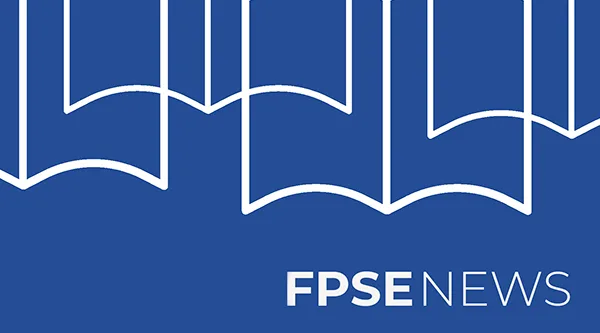For immediate release:
The closure of inlingua Vancouver effective May 29 adds 20 more job losses to a sector already hard-hit by COVID-19. Coupled with job losses or layoffs from other unionized institutions, the Education and Training Employees’ Association, the union representing the workers, estimates that its membership has been reduced by half.
Among the workers affected is Graeme Cheadle, teacher at inlingua and First Vice President of ETEA.
“I’m disappointed and saddened about the closure of inlingua Vancouver,” said Cheadle. “Private English language schools are an important part of the BC economy, and the impact of COVID-19 has been devastating. Governments can and must also do more to help the workers in our sector – otherwise this may just be among the first of many schools to decide it’s easier to close than to keep employing people.”
The ESL industry employs more than 1,800 people, attracts nearly 50,000 students to the area, and contributes approximately $500-million/year to the economy, according to Languages Canada, the industry employer association. The ‘high season’ for enrollment is typically the summer, between June-August.
ETEA President Kevin Drager says layoffs and the closure of institutions pose long term problems beyond job losses.
“This will likely be the toughest challenge to have hit private post-secondary institutions and educators– and the end is nowhere in sight,” said Drager. “Low enrollment is putting a lot of pressure on school budgets. Obviously, we’re concerned that this could translate into further job losses.
We’re calling on employers to apply for COVID-19 financial support to avoid further losses, and financial supports like the rent subsidy extended for those who are working now, but might not be in July or August. We’d like to take a bit of stress away from those who are worried about paying their bills a month down the road.”
“On top of this, a lot of us are worried about what’s next in the industry when students eventually return,” Drager continued. “There are only a handful of institutions with unionized employees in Canada – and we’ve been successful in achieving higher wages and benefits for workers, while still allowing a profit margin for the institution. Job security also gives teachers the confidence to speak out about reports from students about misbehaviour from education agents or other problems. These improvements don’t just benefit our members, they put upward pressure on other institutions to provide these benefits as well. I worry that if enough of these institutions close, the improvements made over decades for workers and students will all be undone.”
-30-
About ETEA
The Education and Training Employees’ Association (ETEA) has represented over 200 private ESL and post-secondary teachers in Vancouver, Surrey and Victoria for 25 years. ETEA is Local 21 in the Federation of Post-Secondary Educators of BC (FPSE). https://eteaunion.org/
Media Contact
Nicole Seguin
Communications Officer
604-831-6684 | nseguin@fpse.ca
